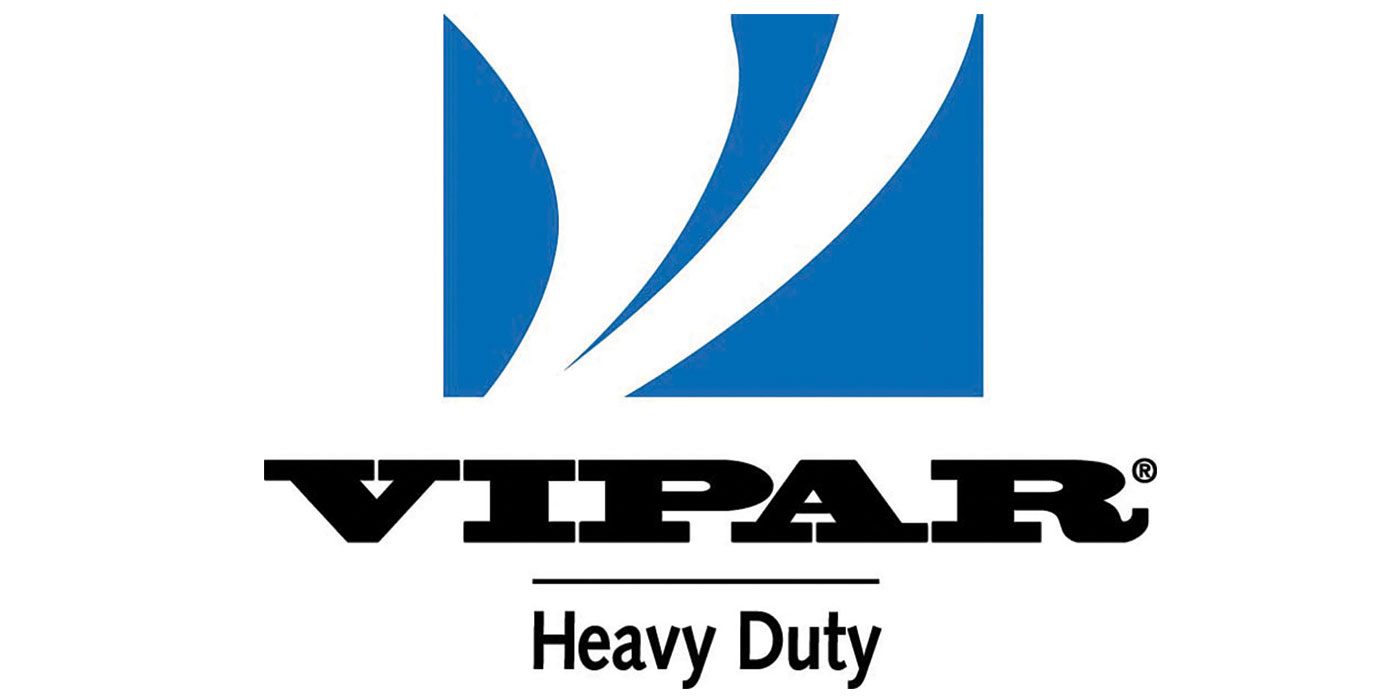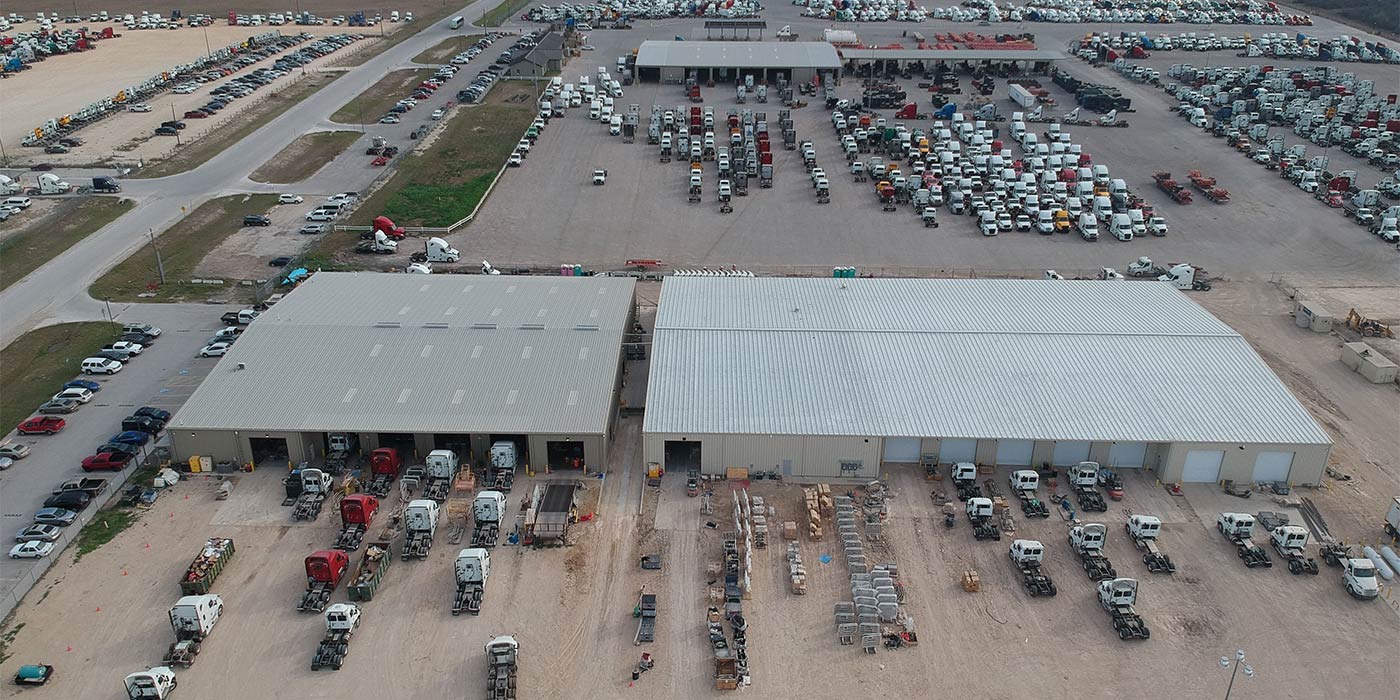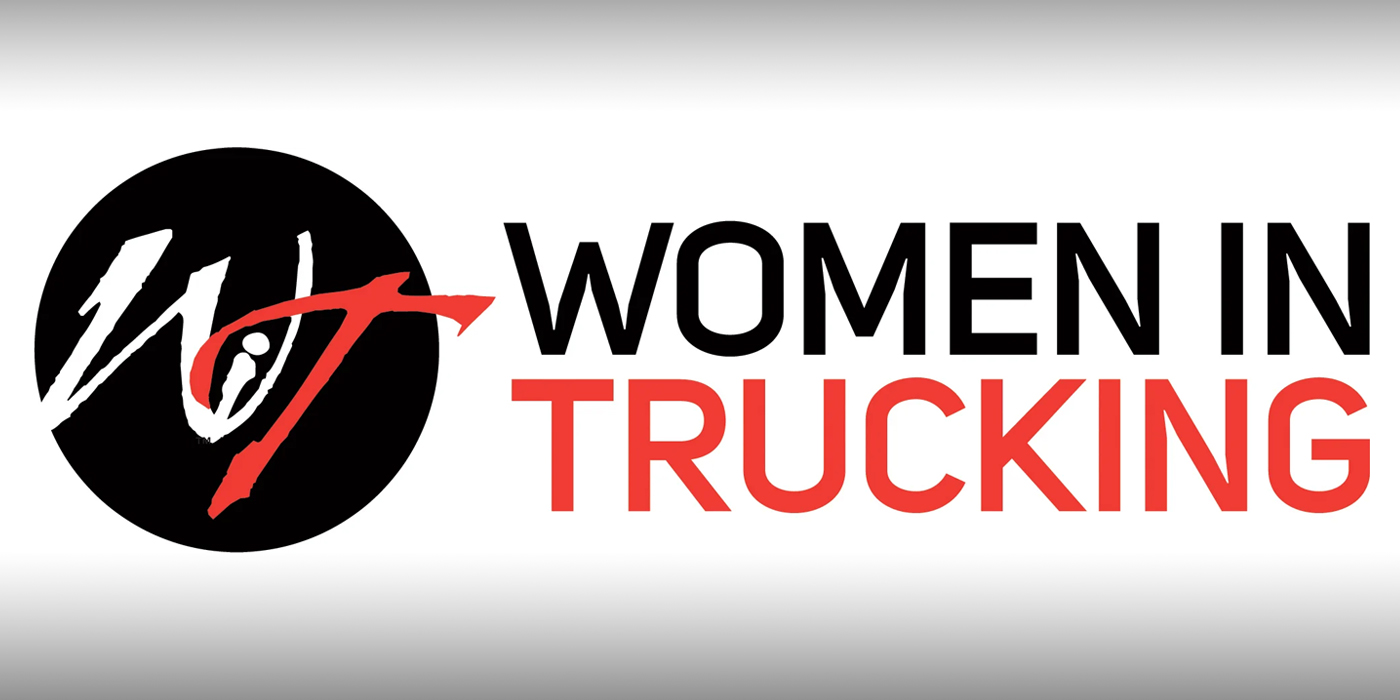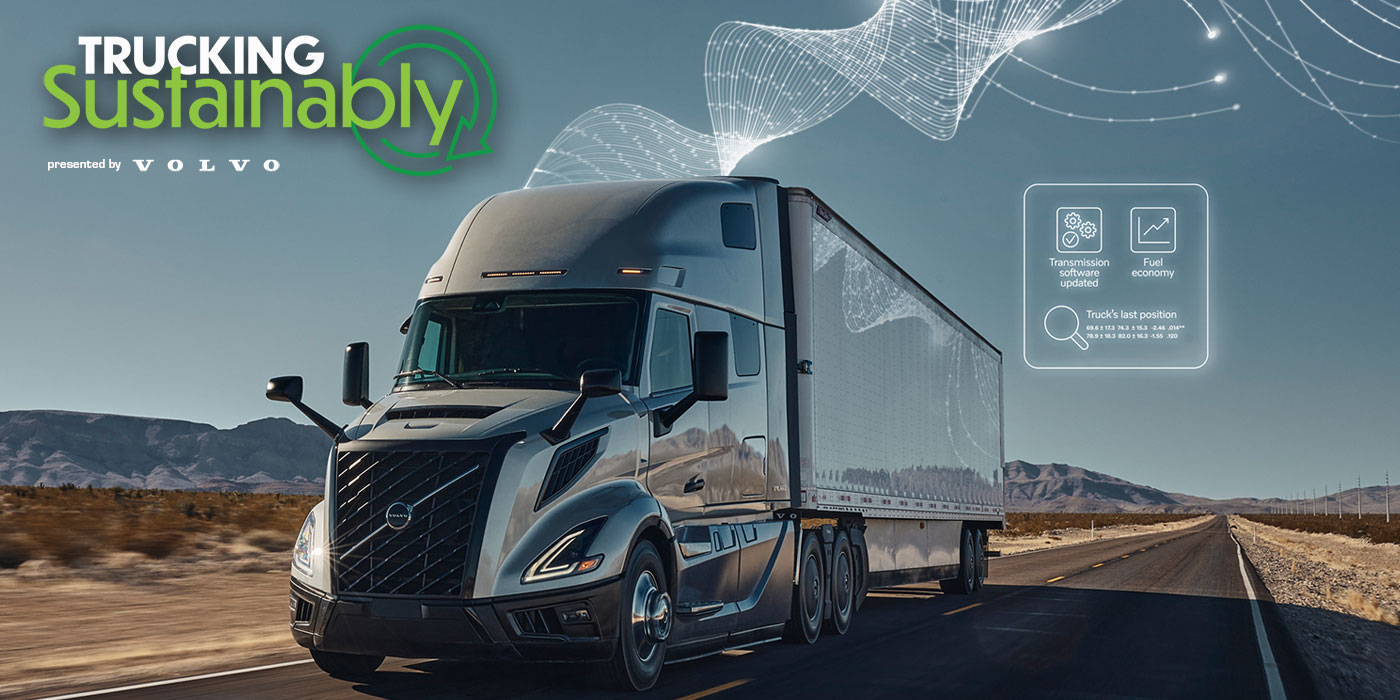Another term you may recognize for freight factoring is “Accounts Receivable Financing” or “Non-Recourse Factoring.” Factoring provides carriers with the resources to operate their company at a slightly discounted rate for immediate access to cash. Carriers will generally factor delivered loads to gain immediate access to cash, which allows the carrier to meet their operational needs, such as payroll, truck maintenance, repairs, fuel costs, monthly insurance premiums, etc. Factoring for a carrier is an alternative resource to traditional bank loans, high-interest credit cards, or aggressive merchant cash advance loans.
Factoring offers the carrier immediate access to cash in exchange for extending terms of net 30 days to a broker and/or avoiding paying high quick-pay fees. The greatest benefit of factoring for a carrier is the back-office services the factoring company offers. Back-office services include, but are not limited to, credit qualifying brokers, invoice creation, invoice delivery, load delivery and rate confirmation, collection services and filing on a broker’s bond for non-payment. Factoring with a bank offers payment upon delivery of the load in as little as 24 hours, allowing you to move on to that next load without the hassle of invoicing the broker.
Companies use factoring to build and grow their business. Here are some tips on making factoring better for your business and smoother for you.
Create a partnership with your factor
While each invoice given to a factor is a specific business transaction, you’ll want to select a factoring company that can become your partner. Choose a partner who knows your business, can provide ideas and best practices to help you achieve your goals, and brings value to the relationship. Ask for referrals, or if you have contacts with other carriers, ask colleagues about their experience with a particular factor. Be sure to ask questions about the different services and products they may offer and how they manage these products with the client. Understanding how the factor treats its customers will offer insight as to how you can expect to be treated in the partnership.
Knowing whether or not your potential partner has experience in the transportation industry is important. Do they know your industry? Do they know your customers? Do they have the resources and product offerings to help you grow? Factors focused on the transportation industry are typically a better fit to help you grow your business.
At a minimum, do a web search on your potential factoring partner. Search results should be similar to most other companies. Google the business address and make sure the factor has a real place of business, not a virtual office at a UPS store. The business website should look like a normal business site that’s regularly updated, not a hastily set up or poorly designed website. Call the number listed for the business in the search results. It should be a legitimate business number. Make sure the financial partner you are entering into a security agreement with is a reputable financial partner, such as an FDIC-insured bank.
Read the contract
It’s essential to read the contract you are signing. If there is vague or unclear language in a contract, don’t sign it. You want to make sure the contract is fair to all parties, not just the factor. Eon’t sign the contract until you have read it in its entirety.
It’s normal practice for factors to require a due diligence deposit. These are typically requested for larger prospects, but some factors may require a deposit for smaller prospects as well. For example, don’t sign the agreement if you are a one-truck carrier doing $35,000 a month and the factor is asking for a $1,000 or higher due diligence payment. Find a different factoring company to work with.
Don’t fall for double brokering
One thing to be wary of in the trucking industry is double brokering–the process where a freight broker offers a load to the carrier in which they are not the original broker with consent or knowledge from the shipper to deliver the load. Double brokering can also be when a carrier is assigned a load from the original broker and attempts to pass the load to another carrier for delivery. Always know who the original broker is when you are accepting a load for delivery (pay close attention to the rate confirmation and bill of lading) and always keep a watchful eye out for alter egos of brokerages known for double brokering.
Pay attention to the details on both the rate confirmation and the bill of lading. Minor details such as the email address being noted as a Gmail account when the broker clearly has a company email domain, a slight misspelling of the domain address or person’s name, or a slight difference in the phone number, etc. should be investigated further through third-party resources to determine if the load is valid and not a double-brokered load.
Red flags
Pay attention to what the factor is asking. Reasonable documentation confirming the validity of the organization (LLC, LLP, Inc, Corp, Sole Prop), the members/owners of the company and reasonable financial information that supports the strength and proper ownership of the existing organization and/or startup is acceptable. Any reasonable factor will want to know who the principals are and what guarantors are available to secure the loan. Unless the account is complex, a realistic amount of time to underwrite a transportation factoring deal is 24-72 hours.
Work with factors who have a physical location and/or someone you can visit. If the factor is sticking only to a PO Box or virtual office, that’s a red flag that it might not be a partner you should conduct business with. The underwriting process should go smoothly. If you are asked questions that make you uncomfortable during underwriting, that could also be a red flag.
Services a factoring company should Offer
The most important service a factoring company can offer to a carrier is credit services. Make sure your factor offers pre-credit qualifications. Know before you pick up the load that your factor will purchase the load upon delivery. No factor can tell a carrier which loads they can pick up or deliver. What the factor can advise is if they will purchase the load upon delivery. If your factor denies extending credit, ask the hard questions why. If the factor opts to deny credit, there is generally a valid reason. Before you make the choice to take a load the factor will not purchase, have a good understanding of why in order to make good business decisions for your company.
These tactics are critical for new trucking companies, because every load that isn’t eligible for factoring will hurt you. Know before you pick up the load that your factoring company will buy it.
Additional services that can be differentiators
After you’ve gone through all these steps to vet the factor, create a partner, etc., you’ll then want to look at a factoring company that can not only help you with factoring invoices but can also help you with other services. Your business doesn’t have to be built on factoring, and especially as your business grows, you’ll need equipment financing, treasury services, and other accounts, such as checking and savings. Other services some factoring partners could offer are fuel cards, insurance, business term loans, asset-based lending, and real estate financing.
Have more cash flow needs? Communicate with your factor
We are witnessing an increase in carriers taking out what they deem as unsecured loans to provide additional operating cash flow. These loans are secured and are typically at higher interest rates with overly aggressive payback terms the average carrier is unable to withstand long-term. Before you opt for merchant cash advance loans, which most factors today consider as a default to the security agreement, communicate your needs and cash flow challenges to your factoring partner. The factor could have optional term loans available at a much lower interest rate and a more favorable repayment plan for your business. Give your current financial partner a chance to help your business needs before you look elsewhere.
Brandy McCurdy-Lozano is the senior vice president of operations at TAB Bank.














